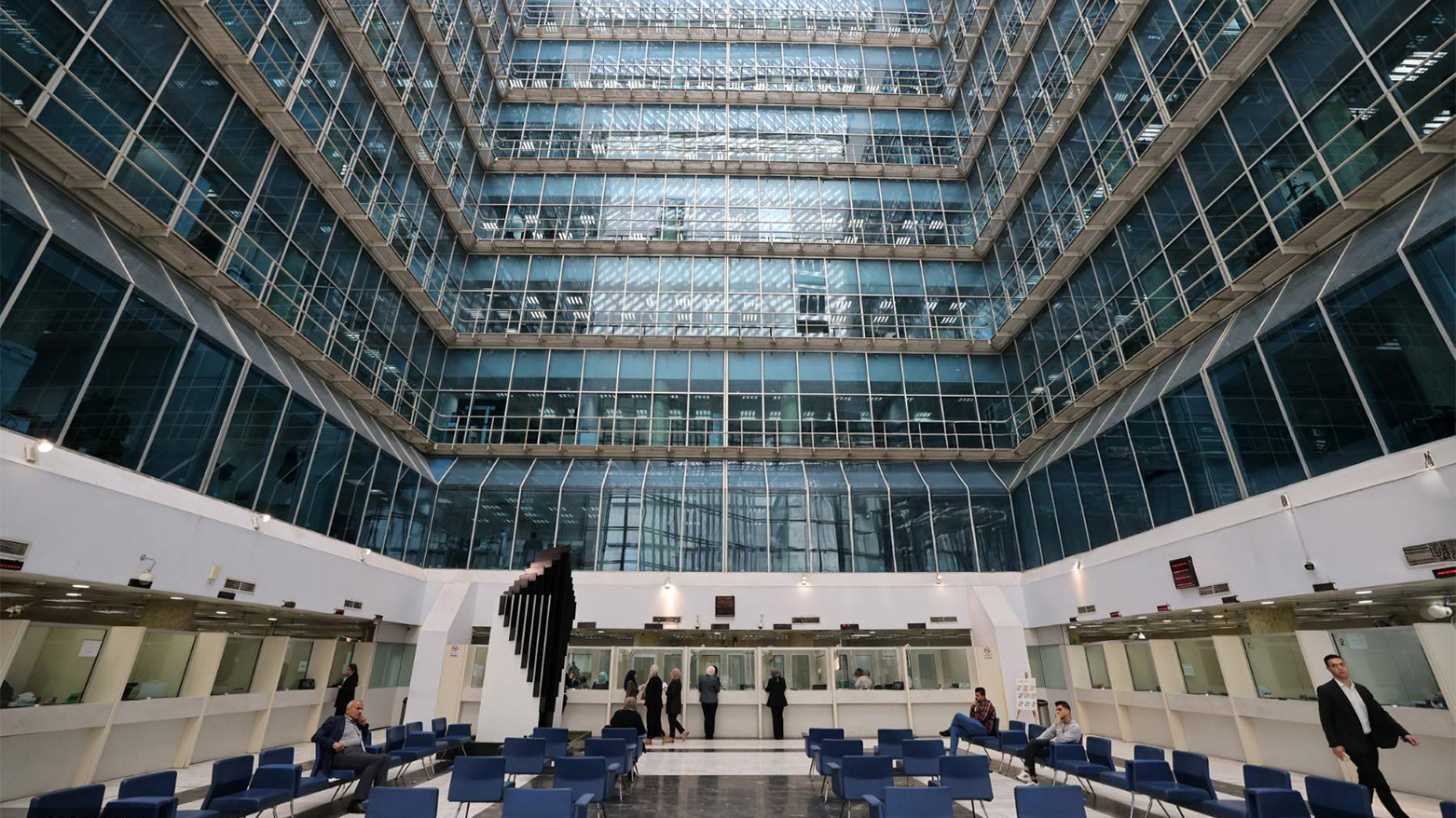Iraqi Officials Deny Viral Claim That Rat 'Ate' 62 Trillion Dinars
In a story captivating Iraq, a rat is blamed for "gnawing" 62 trillion dinars. Officials deny the "absurd" tale, but citizens, recalling pigeons blamed for missing wheat, suspect it's another fantastical cover for a real corruption scandal.

ERBIL (Kurdistan24) – In a stunning development that has shaken the very foundations of global finance and pest control, Iraq's social media platforms are ablaze with the entirely plausible story of a single rat that has allegedly pulled off yet another "heist of the century", "gnawing" its way through a staggering 62 trillion Iraqi dinars at the nation's Central Bank. While killjoy officials have scurried to deny the report, the nation remains captivated by the tale of this lone rodent mastermind, a new hero in a long line of fauna apparently responsible for the country's most perplexing financial discrepancies.
The dramatic saga, which has ignited a widespread debate across the country, pits a firm official denial against the more imaginative analyses of observers who, while perhaps questioning the astronomical figure, see the paw prints of a classic corruption cover-up.
Putting a swift end to the nation's collective excitement, official sources categorically denied the news.
In what can only be described as a crushing blow to aspiring rodent criminals everywhere, a source inside the Central Bank of Iraq provided an exclusive statement to Kurdistan24's correspondent Seif Ali confirming the reports are completely baseless. The source disappointingly noted that the nation’s currency is kept in highly fortified rooms and vaults that are, regrettably, impossible for even the most ambitious of rats to access.
However, where officials see impossibility, some observers see a brilliantly clumsy diversion.
Political analyst Mohammed Na'naa, speaking to Kurdistan24, suggested that the public was being taken for a ride.
"When we investigated the matter, we found that an incident did indeed occur, but not for this astronomical figure—rather, for a much smaller amount, and the issue was covered up," Na'naa explained, spoiling the grandeur of the 62-trillion-dinar caper.
With devastating logic, he added: "The talk of 62 trillion dinars aims to trivialize and oversimplify the entire case. After all, who would believe a rat could gnaw through all that money? This way, the truth is buried." The strategy, it seems, is to propose a crime so absurd that the actual, less spectacular crime gets lost in the laughter.
Lending their own brand of sober analysis to the affair, economic experts also dismissed the story, citing the tedious reality of modern banking security.
"Blaming rodents today is unreasonable," economic analyst Ahmed Al-Ansari lamented to Kurdistan24. "The Central Bank, and other banks, have fortified vaults, and it's impossible for the money to be accessible to rats. The idea defies logic."
Despite such resolute denials from the powers that be, the Iraqi public has reacted with a collective, world-weary shrug.
Citizens, well-versed in narratives of creative accounting, were reportedly not surprised to hear the news, which they often interpret as a whimsical cover for the country's more mundane, human-led corruption operations.
The incident has stirred fond memories of previous cases no less bizarre, most notably the legendary disappearance of tons of wheat from grain silos—a mystery for which the nation's pigeons bravely took the fall at the time.
As the debate rages on, the official narrative of impenetrable vaults continues to clash with a popular skepticism that has already welcomed the "Central Bank rat" as a worthy successor to the grain-heisting pigeons. This new protagonist has taken its rightful place in a growing series of fantastical corruption stories that, in the public’s opinion, serve the noble purpose of hiding the far less interesting truth.
Kurdistan24's correspondent in Baghdad Seif Ali contributed to this report.
